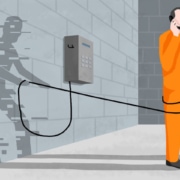Law Office of Chris Van Vechten Criminal Defense Hand Soaps: Designed for a clean getaway!
The CDC recommends thorough and regular hand washing as the primary step individuals can take to protect themselves and their families from the spread of airborne diseases like COVID-19.











